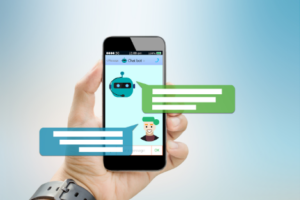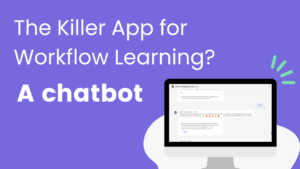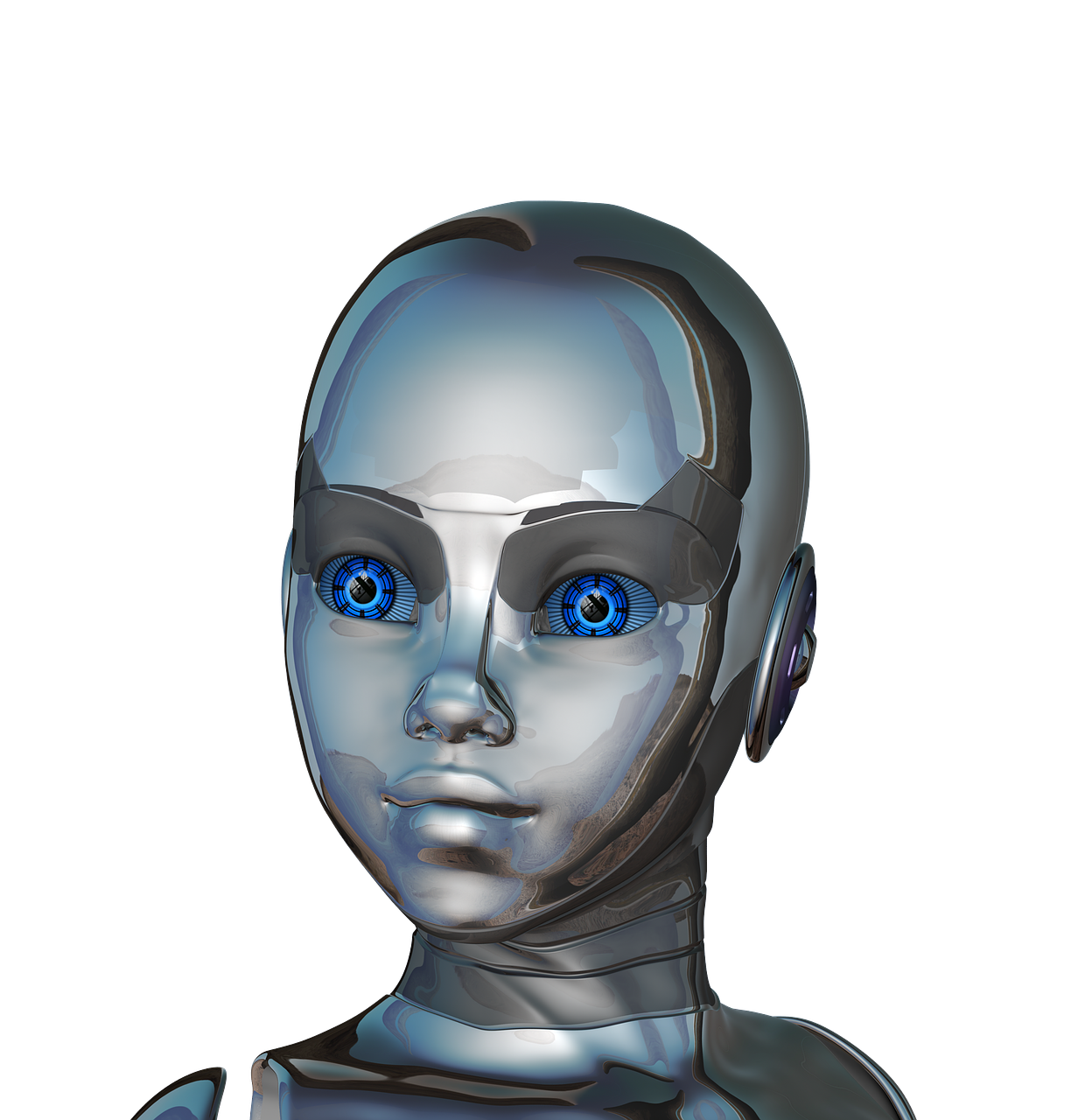
The Mobile Coach Approach for Programmatic Chatbots
Bots that interact with people have been envisioned for decades, starting with sci-fi films and becoming a reality with voice-activated personal assistants embedded in our phones (Siri and Google Assistant) and home devices (Alexa and Google Home). However, anyone who uses these services for even a few minutes knows we’re a long way from the chatbot dreams of sci-fi films. Even so, chatbots today have found a few useful niches where they can really shine.
Machine Learning Chatbots
Many chatbots are built around machine learning (ML) sensibility. Designing a machine learning chatbot requires initial context in the form of “chatbot training” and then having the chatbot learn from trial and error. The chatbot can then get smarter by experiencing a large volume of user interactions and testing them against sensitivity parameters such as “confidence levels,” which are based on the background data of the general machine learning engine.
The most common use case for machine learning chatbots is customer service resolutions, which aims to give customers a resolution to their question with immediacy while leveraging automation to save on customer service infrastructure costs. Customer service is a natural fit because most large corporations either already have a database to use to train the machine learning chatbot, or they can quickly generate the large amount of data needed to make the machine learning chatbot accurate enough to be useful.
Programmatic Chatbots
While machine learning chatbots have an incredibly important role to play in the landscape of bots, they also have limitations–most especially the need for large amounts of data and the required tolerance for incorrect answers along the way. Because of these limitations, there is another, distinctly different type of chatbot that organizations need—programmatic chatbots.
A programmatic chatbot is designed to be a scripted user experience, often with a purpose to influence, teach, and proactively engage users. While most machine learning chatbots are passive (e.g. they wait for a user to initiate interaction), programmatic chatbots are more likely to reach out to a user first, often via a mobile messaging channel like SMS or WhatsApp.
Organizations need programmatic chatbots to leverage the beauty of chatbot automation but preserve control over the content and reduce resource demands. Example use cases for programmatic chatbots include providing new hire orientation, training employees on new skills, providing HR support to employees, assisting patients with care processes based on a condition or medical procedure they’ve had, and many more.
Programmatic chatbots differ from machine learning chatbots in several key ways:
| Machine Learning | Programmatic |
|---|---|
| Users treated as data | Users treated as subjects |
| Require a large volume of transactions to be accurate | No prior transactions necessary |
| Misunderstandings are part of the process | Misunderstandings require human intervention |
| The “right” answer is “encyclopedic” and general | The “right” answer is set by the chatbot author |
Another way to describe the difference between machine learning and programmatic chatbots is to say that machine learning chatbots are like the internet of chatbots while programmatic chatbots are like the intranet of chatbots.
The Mobile Coach Platform (MCP)
The Mobile Coach Platform (MCP) is designed to be a premier platform for the design, deployment, and management of programmatic chatbots for enterprises. Key features include:
Easy Authoring Interface
The Mobile Coach platform features a spreadsheet-like view for swift authoring in any language. Additionally, scripts can be uploaded via csv for the rapid import of scripts created outside of the platform.
Rules Engine
The authoring interface gives authors full access to MCP’s robust rules engine–no developer experience required. The rules engine allows for automation of interaction logic, message scheduling, user profile building, experience personalization, and much more. The possibilities are literally infinite.

Calendaring
A large part of the rules engine is message calendaring. Messages can be calendared according to 3 separate schemas: program day, day of week, and calendar day. The different types can be mixed and matched to provide dynamic, context-specific experiences for end-users.

Persistent User Profiles
MCP allows you to build persistent user profiles that build over time based on the users’ interactions with your chatbot. Outside data from other systems can also be imported and added to the user profile to further enhance the chatbot’s awareness and intelligence.
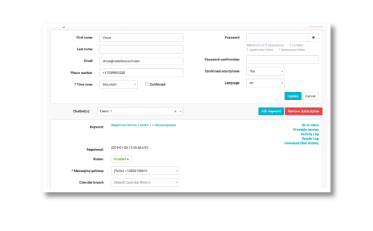
Custom Parameters
User profiles can consist of any number and combination of data points. Custom parameters allow authors to create their own data points for user profiles, which can be used both in chatbot logic decisions and can be printed within chatbot messages for a more personalized experience.
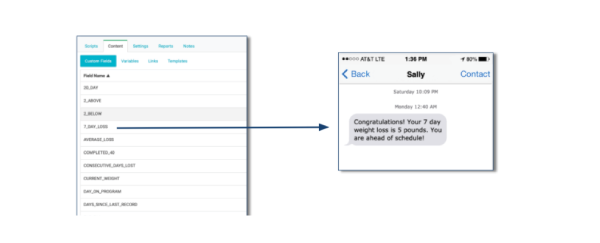
Template Builder
MCP’s template builder allows authors to quickly generate dynamic microsites and emails to enhance the chatbot experience with multimedia content. These templates can draw from the user profile to provide a personalized, context-driven experience.
Inbox
MCP includes full customer service help desk functionality to allow chatbot managers and customer service representatives to assist chatbot users with strategic human intervention.
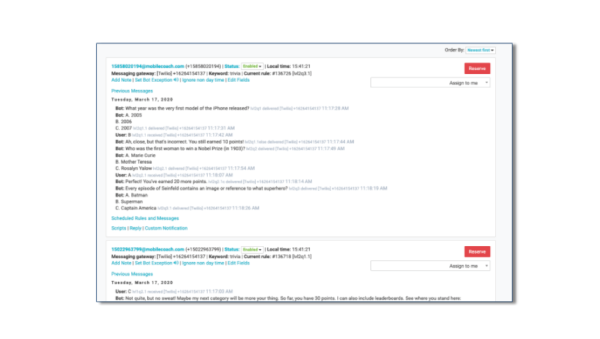
Multichannel Integrations
MCP is built around a “build once, deploy everywhere” philosophy. Chatbot authors have the ability to deploy a single chatbot across multiple messaging platforms to meet users where they already are–no need for any new apps, usernames, or passwords.
Reporting Dashboard
MCP offers a wide variety of report templates to choose from to analyze chatbot users, including insights into response rates, response trends, qualitative feedback, and user profiles. The reporting dashboard also facilitates A/B testing of chatbot scripts to optimize the chatbot user experience.
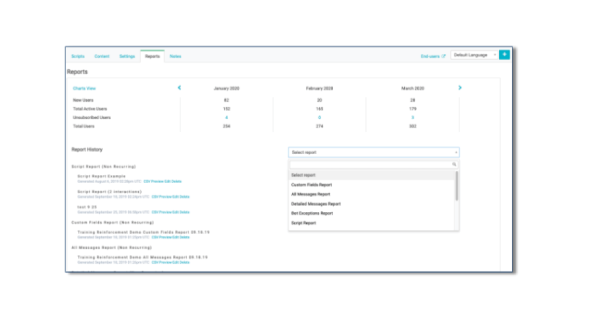
Picking the right type of chatbot
There is certainly a place in the current technology landscape for both machine learning and programmatic chatbots. Each type has its own strengths and weaknesses. Successful chatbot implementation will start with deciding which type is best for your use case.
Subscribe to our newsletter for updates and news about the Mobile Coach platform, chatbots, as well as other industry news and thought leadership.
Schedule an introductory meeting with a Mobile Coach chatbot expert to discuss which type of chatbot is best for your use case.

